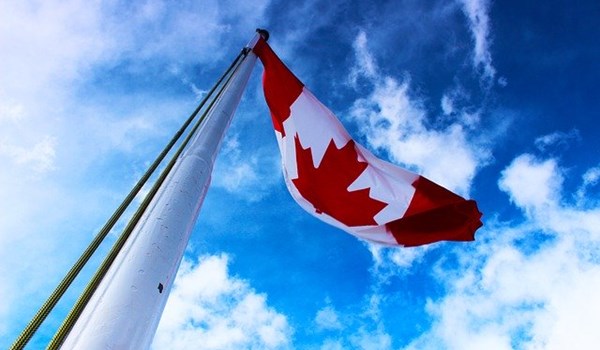Jurisdictions
Regions
Industry Sectors
21/07/23
INTERNATIONAL TAX: Canada's Supreme Court dismisses FATCA constitutionality challenge

As published on: step.org, Friday 21 July, 2023.
FATCA requires non-US financial institutions to inform the US Internal Revenue Service (IRS) of accountholders who may be subject to US taxation. After the US brought the act into force in 2014, the large majority of foreign governments signed agreements with the US undertaking to enforce its provisions. Most, including Canada, had to enact their own legislation requiring domestic banks and other institutions to collect the information and pass it either directly to the US or to their own tax authorities for forwarding to the IRS.
Canada took the latter course, enacting a new Part XVIII of the Income Tax Act requiring Canadian financial institutions to disclose the information of customers suspected to be subject to US taxation to the Canada Revenue Agency (CRA). The CRA, in turn, passes it to the IRS. Failure to do so would have led to expensive US sanctions against uncooperative banks.
Some Canadian residents with a US connection that made them liable to US tax objected to this. Two of them, Gwendolyn Louise Deegan and Kazia Highton, brought an action in the Canadian Federal Court challenging the constitutionality of Part XVIII. Both are Canadian citizens who were born in the US but have lived in Canada since infancy. They argued that the Canadian legislation authorised 'unreasonable search or seizure' of information under s.8 of the Canadian Charter of Rights and Freedoms (the Charter), forcing disclosure of their private affairs to a foreign government without due cause. The respondents – the Attorney General of Canada and Minister of National Revenue – defended the policy on necessity grounds, arguing that they had no choice but to make an agreement with the US because of the serious financial repercussions if they did not.
Deegan and Highton lost at first instance, the court holding that Part XVIII did not violate s.8 of the Charter because Canada's objective in enacting it outweighed their negligible privacy interest in the seized information. They appealed, arguing inter alia that the purpose of the seizure provisions was not driven by Canada's interests and that the IRS could use the information for the enforcement of its tax laws, including for prosecution of tax evasion. However, the Federal Court of Appeal rejected this argument, agreeing with the lower court that Part XVIII was enacted with a Canadian beneficial goal in mind, primarily to avoid the potentially catastrophic impact of FATCA on Canadian financial institutions, customers and the economy at large. It also cited the fact that FATCA-like information exchange has since then been adopted throughout much of the world.
Deegan and Highton then applied to the Supreme Court for leave to appeal, but their petition has now been dismissed. The effect, according to tax advisors Moodys, appears to legitimise Part XVIII and the use of FATCA against Canadian-resident dual nationals. Accordingly, says the firm, the burden of dual tax compliance will be the norm for Canadian 'accidental Americans'. Such dual Canadian and US reporting, possible exposure to US estate tax on death, gift tax on lifetime transfers of properties and other complications can be very complex and expensive, it notes.
'Many US citizens who are residents in Canada have been closely following these court proceedings and have been holding onto hope that the Canadian Courts would find Part XVIII unlawful', said the firm. 'This hope now appears dead in the water.'



